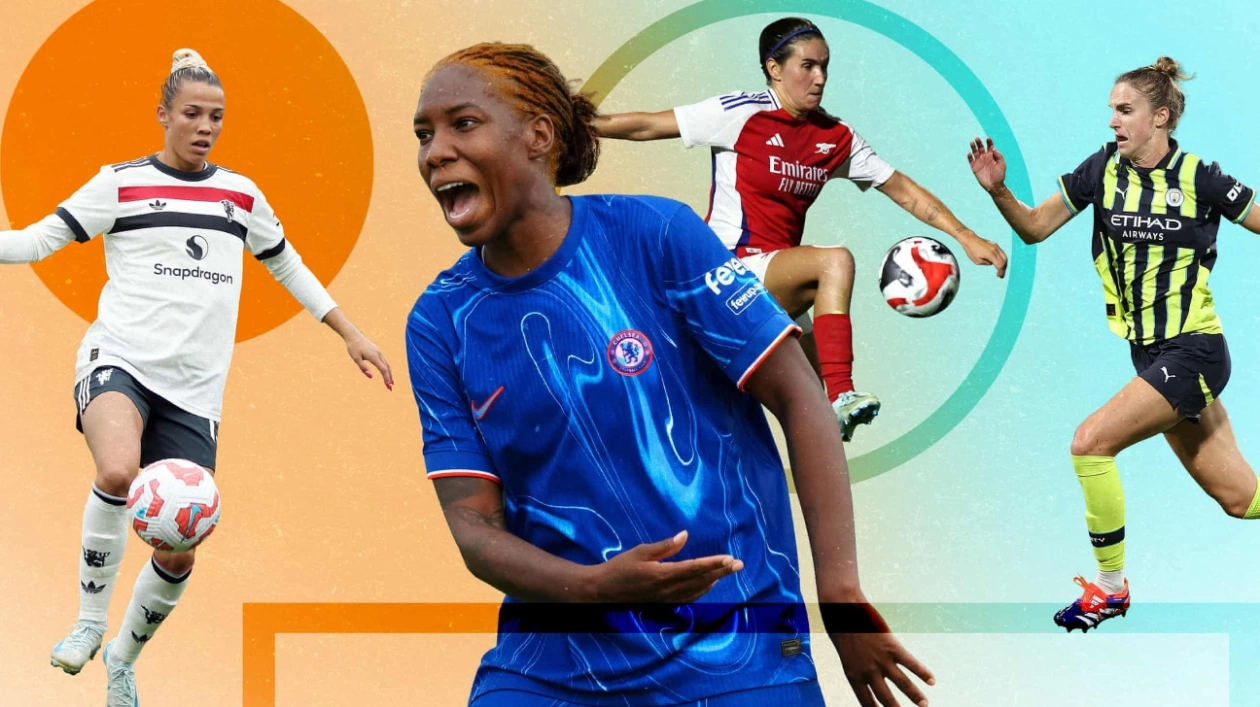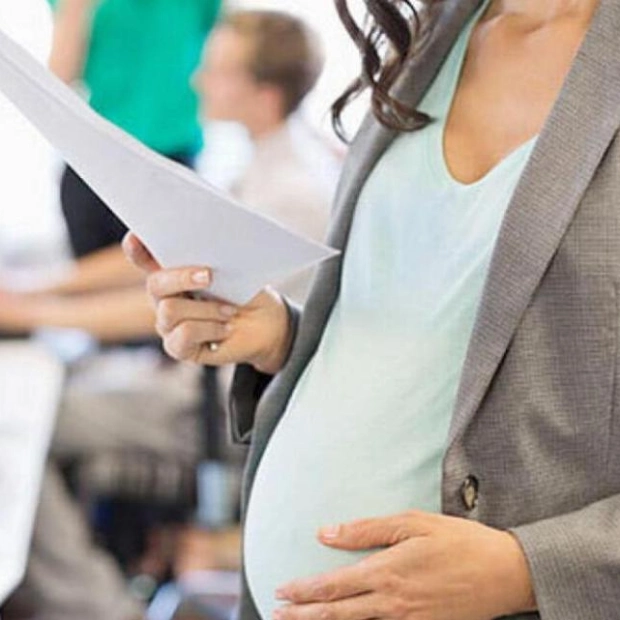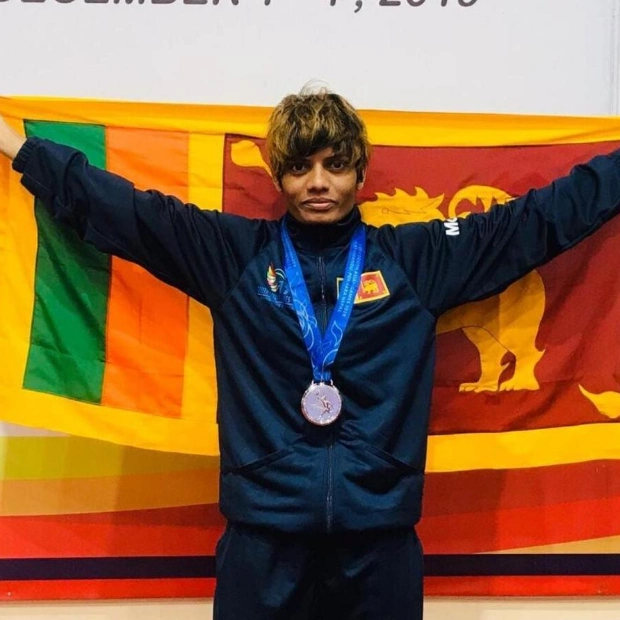New leadership, new players, new managers, and big ambitions. The Women’s Super League kicks off on Friday night with high expectations, but should they be? What will this campaign look like, and how do we judge its success?
The Irish playwright George Bernard Shaw famously said: “Progress is impossible without change, and those who cannot change their minds cannot change anything.” In a season marked by significant change, with the ownership of the WSL and Championship transitioning from the Football Association to Women’s Professional Leagues Limited (WPLL), being open-minded is crucial, but so is being analytical and, where necessary, critical.
The change in ownership will not significantly alter the fan experience: relegation and promotion remain unchanged, no attempts have been made to modify league sizes, and the broadcast deal with Sky and the BBC continues for another year. What needs attention, however, is what happens off the pitch, in the stands (in terms of attendances), and behind the scenes.
A new broadcast deal is being negotiated, but hopes for a substantial increase are being moderated. Inquiries about lifting the 3pm Saturday broadcast blackout were firmly rejected, meaning there is no dedicated women’s football slot, which affects broadcasters' interest.
To fund the launch of WPLL, the Premier League has provided a £20m long-term loan “on favorable terms,” according to WPLL’s CEO, Nikki Doucet. The Premier League and the FA, as part of its golden share, have seats on the WPLL board, but long-term income for the league is essential.
More women’s games than ever will be hosted at clubs’ main stadiums. This should boost attendance, but without a World Cup or Euros to drive interest, a slight dip should not be seen as failure. This season is expected to be one of experimentation and testing as WPLL establishes its commercial and football footing. Doucet said: “We can’t be afraid to fail. We have to be able to try new things.” Some allowances should be made for errors, but there must be scrutiny of commercial deals, the commercialization of the game, funding distribution, and the centrality of fan and player voices. The future of the leagues could take various paths, and this is the season to express opinions.
In football terms, there have been significant changes too, with four new managers adding an element of uncertainty. Chelsea will start the season against Aston Villa at Kingsmeadow. The champions have been impressive in pre-season. Their squad is filled with world-class talent, and new manager Sonia Bompastor aims to maintain Emma Hayes’s winning legacy while transitioning. Can they do it? There is no reason why not, especially if Arsenal and Manchester City qualify for the Champions League group stage and face three high-intensity games a week.
For Jonas Eidevall at Arsenal and Gareth Taylor at City, the pressure is on to stay in the title race. Staying close to each other and Chelsea would secure their futures. Both managers have been supported and strengthened – Arsenal with Barcelona forward Mariona Caldentey and City with Arsenal’s WSL record goalscorer, Vivianne Miedema – and there can be few excuses for not keeping title hopes alive. Their clash at the Emirates Stadium on Sunday is a chance to make a statement.
Perhaps more exciting than the title race is the battle for the best of the rest. Several teams have had impressive transfer windows, notably Brighton, who finished ninth last season but have a new manager, Dario Vidosic, and have attracted Fran Kirby, Jelena Cankovic, and Nikita Parris, and taken Michelle Agyemang and Bruna Vilamala on loan.
Manchester United have lost Mary Earps, Lucia García, Irene Guerrero, Katie Zelem, and Parris but have added top talents in Dominique Janssen, Elisabeth Terland, and Celin Bizet. Most importantly, Grace Clinton returns from her loan at Tottenham. All come with WSL experience. The goalkeeper Phallon Tullis-Joyce is ready to step up in place of Earps, though the inability to secure an experienced backup will frustrate United.
Aston Villa, Tottenham, and Leicester have had solid windows, with Villa’s deadline-day signing of Levante’s Gabi Nunes, Tottenham’s addition of the Australian duo Hayley Raso and Clare Hunt, and Leicester’s recruitment of striker Noémie Mouchon highlights.
Everton have brought in Honoka Hayashi from West Ham and Melissa Lawley from Liverpool but had to let go of players like Hanna Bennison to fund their moves with ownership in flux.
Liverpool had a quiet window with three players arriving and Matt Beard operating on a small budget. Their fourth place last season far exceeded expectations.
At the bottom, the relegation battle is likely between West Ham and promoted Crystal Palace. Palace have recruited well, adding several players with WSL experience and youngsters on loan from the top three. However, the gap between the WSL and the Championship is significant.
West Ham’s struggles should give Palace hope. The Hammers have lost key players, including Mackenzie Arnold, Hawa Cissoko, Hayashi, and Risa Shimizu, and on paper, the incomings do not match the level of the outgoings. League position can be loosely determined by a club’s commitment to its women’s team, historically, ideologically, and financially. There will be outliers – managers and players competing beyond their means, like Liverpool last season – but this formula will be a reality for the foreseeable future.






